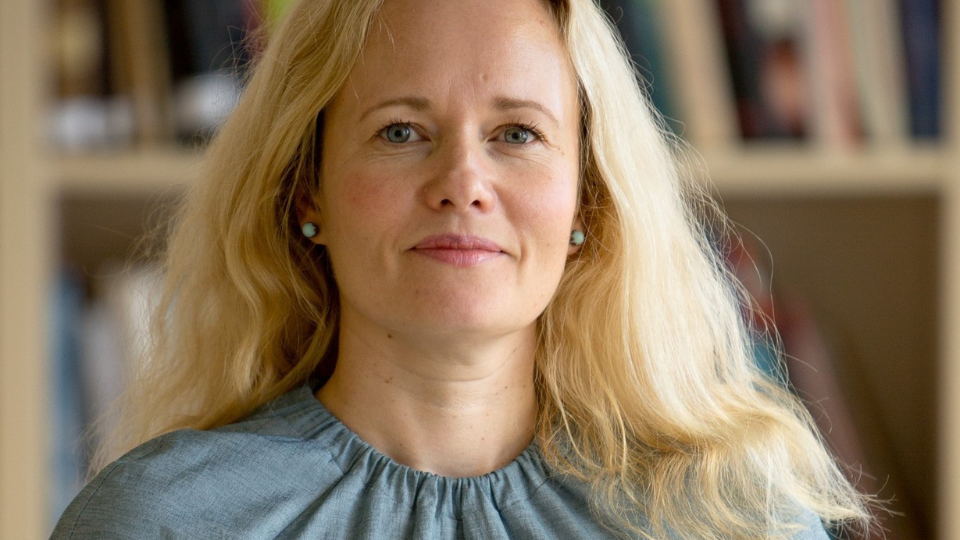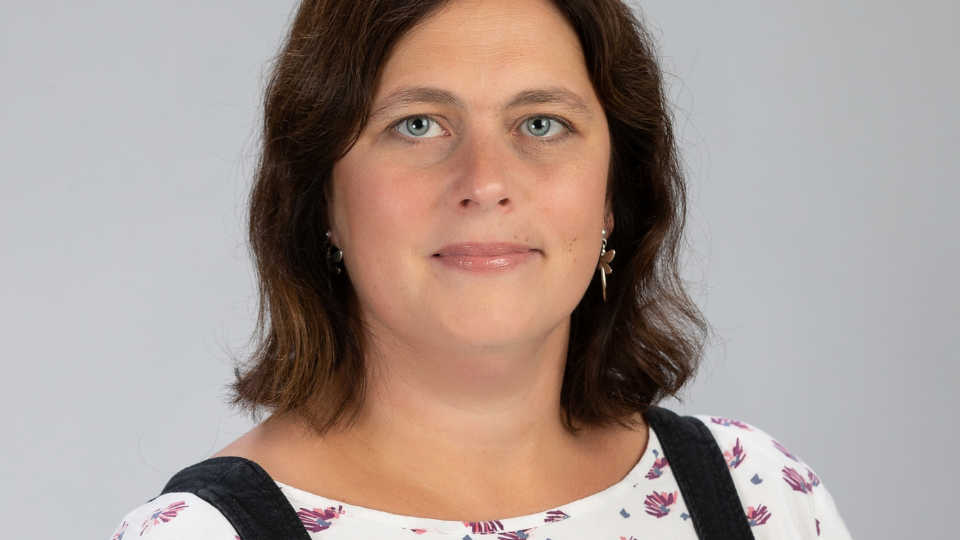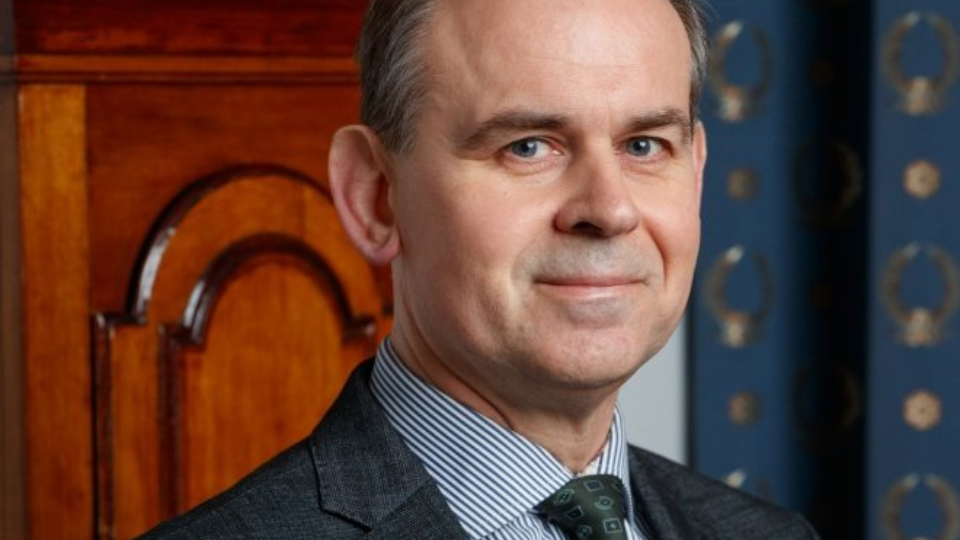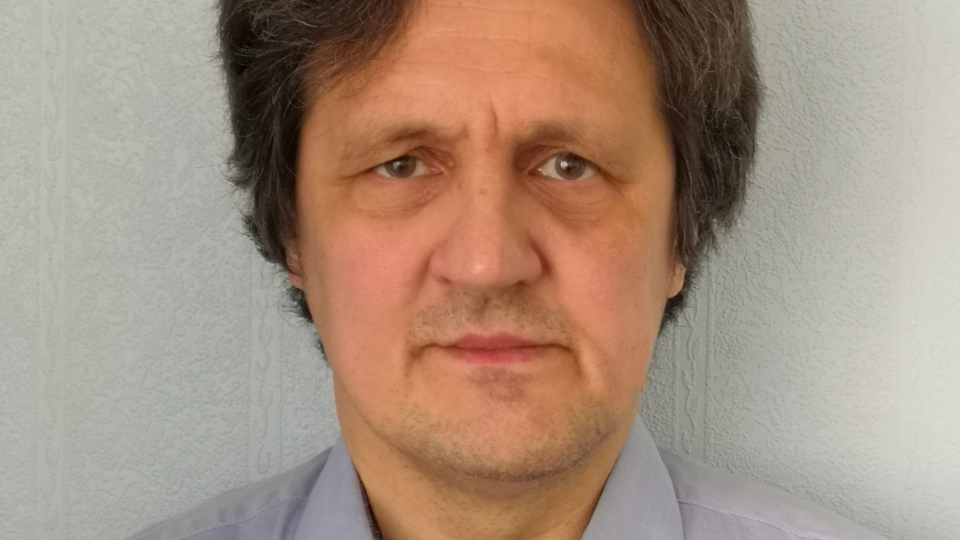
Kadri Simm
Head of Chair, Associate Professor of Practical Philosophy at the Institute of Philosophy and Semiotics (Faculty of Arts and Humanities)
If university members have questions about adhering to the principles of research integrity or suspect that research integrity has been violated, it is advisable to turn to the research integrity counsellor. Each faculty of the university has at least one research integrity counsellor who has been appointed by the dean of the faculty. The research integrity counsellor must be an academically recognised researcher competent in research ethics.
To ask questions or to speak about suspicions, the person need not definitely prove his/her suspicions. The counsellor is obliged to guarantee the confidentiality of the communication and to protect the university member asking for advice or speaking about his/her suspicions from harmful consequences. Asking for advice does not obligate the person to submit a complaint.

Kadri Simm
Head of Chair, Associate Professor of Practical Philosophy at the Institute of Philosophy and Semiotics (Faculty of Arts and Humanities)

Kairi Kreegipuu
Professor of Experimental Psychology at the Institute of Psychology (Faculty of Social Sciences)

Andres Soosaar
Visiting Associate Professor at the Institute of Biomedicine and Translational Medicine (Faculty of Medicine)

Raul Kangro
Associate Professor in Mathematical Finance at the Institute of Mathematics and Statistics (Faculty of Science and Technology)
The instructions lists many officials you can turn to if you have questions about research integrity: research integrity counsellor, academic secretary, the head of the unit or dean of the faculty. The best person to turn to depends on the specific situation and also the preferences and motives of the person making the inquiry. In all those situations, the principle is that you do not have to know precisely who would be the best institution or unit to address your problem.
As a general rule, the first contact person for advice about research integrity is the research integrity counsellor, who will also explain how possible violations of the code of conduct for research integrity are solved at the University of Tartu.
Some of the main questions about research integrity are described below.
In questions of a practical nature concerning research, it is advisable to first consult the research integrity counsellor of your faculty. The role of the counsellor is to help the researcher understand the principles of the code of conduct for research integrity, to make specific recommendations and, if necessary, to recommend appropriate guidelines.
Examples. Practical questions that might arise: do I need to apply for the approval of the ethics committee? What to consider when writing the ethical overview in grant applications? How to agree on authorship? What to keep in mind when collecting, processing and storing personal data?
In general questions about research integrity, it is advisable to first consult the research integrity counsellor of your faculty. If there is no clear good practice on this question, you can ask the counsellor for an assessment of the situation. Inquiries may concern, for example, interdisciplinary research in cases where different disciplines have different practices on the same subject. Questions may also arise in the case of international scientific cooperation if it is not clear which country's practice is to be followed.
Examples. More general questions concerning research integrity might be: what is the supervisor’s responsibility in research conducted by the student? How and in what manner should researchers take part in public discussions?
In questions about a possible violation of research integrity, it is advisable to first consult the research integrity counsellor of your faculty. The counsellor will help you find out if and to what extent the described situation may constitute a violation of research integrity. The counsellor also explains the procedure for processing misconduct and how and to whom you can submit a formal complaint.
Seeking advice from the research integrity counsellor is confidential, which means that the counsellor must not disclose identifiable information about the person who has contacted them. The counsellor may seek further advice from other research integrity counsellors at the University of Tartu or other competent persons, but even in this case, the confidentiality of the person seeking the advice is guaranteed. The counsellor records the topic and content of the inquiry in a generalized form, based on which an annual summary is prepared to get an overview of the advisors' work and the overall situation of research integrity at the university. The content of the inquiries that can be presented anonymously can be later used for teaching and research purposes. Confidentiality is guaranteed for both oral and written inquiries.
Examples. The most serious forms of misconduct that must be reported are falsification, fabrication, and plagiarism. Violations of research integrity can also include ignoring the principles of authorship, unethical treatment of persons involved in research, ignoring the principles of fair treatment, not declaring a conflict of interest, or harming the university by serving personal interest.
A possible violation of research integrity can be reported to the academic secretary or the head of the unit where the violation has taken place. You can choose the way you prefer: both are considered to be a formal complaint or suspicion. It is advisable to seek advice from the research integrity counsellor before submitting a formal complaint/suspicion.
The head of the unit reports to the academic secretary on complaints and suspicions about research integrity. If the head of the unit finds that there is a more serious violation or a more complex issue, he/she refers the case to the academic secretary. In the case of a minor problem or an honest error that can be easily resolved, the head of the unit may resolve the complaint or suspicion independently. In this case, he/she informs the academic secretary about the research integrity question addressed and its solution.
Everyone has the right to address the academic secretary directly. The academic secretary will make an initial assessment of the inquiry and decide whether to refer the case to the commission on violation of research integrity, which will form the final assessment of the case. The procedure of investigation has been described in the instructions for applying the Code of Conduct for Research Integrity.
If a person from outside the university (e.g. a journalist, a researcher from another university, a representative of a scientific journal) wishes to seek advice about research integrity or submit a complaint, they should contact the academic secretary in all questions.